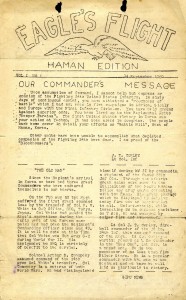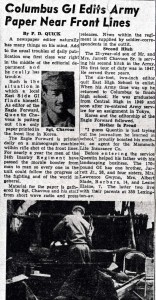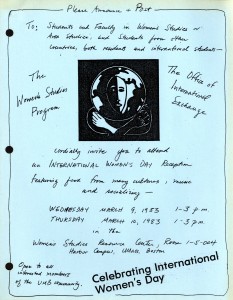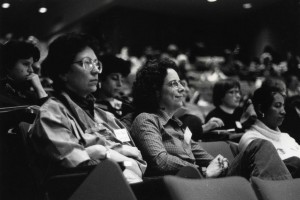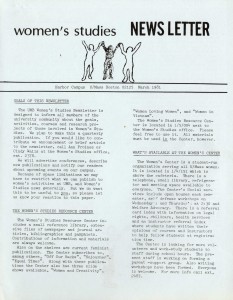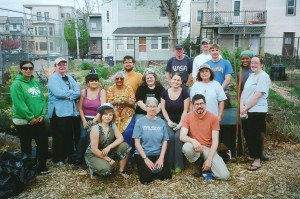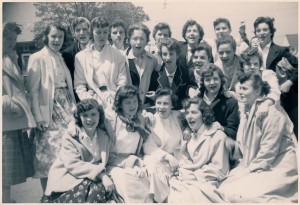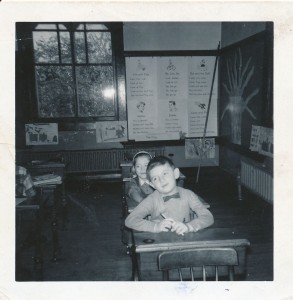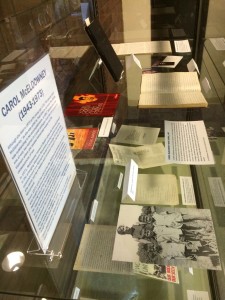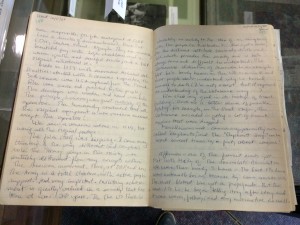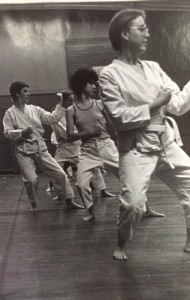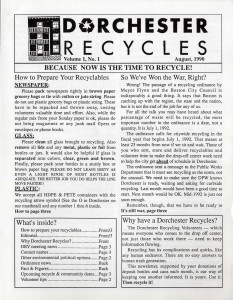The 24th Infantry Regiment was one of the last segregated units in the United States Army. It was formed in 1869 by consolidating the 38th and 41st Colored Infantry Regiments, and all of its enlisted soldiers were African-American. The regiment was engaged in a number of military conflicts and wars throughout its history, including the Spanish-American War, the Philippine-American War, World War II, and the Korean War. It was disbanded in 1951, and then re-instituted in 1995, and served in the Iraq War from 2004-2005. For a useful history of the 24th Infantry Regiment, see Black Soldier, White Army: The 24th Infantry Regiment in Korea, published by the United States Army Center of Military History.
During the Korean War, the regiment published Eagle Forward (originally called Eagle’s Flight in its first issue), a two-page newspaper known as a “foxhole daily,” which had a circulation of about 600 copies which were distributed to soldiers in the Army. From September 1950 until September 1951, Eagle Forward published news items from the Armed Forces Radio Services, the Armed Forces Press Services, the Associated Press (AP), the United Press (UP), and the International News Service (INS). The paper also ran stories about individual soldiers and companies, advice columns, cartoons, and humorous items. AP journalist Hal Boyle wrote of Eagle Forward, “[It was] put out by candlelight, Korean gaslight and flashlight. It has gone to press in bombed-out buildings, abandoned factories, in open fields, in tents and in creek beds… [I]ts editors sometimes have to melt the frozen ink on the stove to publish, but no difficulty yet has stopped them.”
Quentin Chavous was a member of the 24th Infantry Regiment and served as editor of the newspaper from May-September 1951. Chavous later joined the faculty of the Africana Studies Department at UMass Boston and a board member of the William Monroe Trotter Institute for the Study of African American Culture and History. He donated a nearly complete run of Eagle Forward to University Archives & Special Collections in 2006. In addition to issues of the newspaper, the collection also includes Army reports and news clippings on Eagle Forward and Chavous. The entire collection has been digitized and is available on UASC’s website here.View the finding aid for this collection here.
For questions about this collection or to schedule a research appointment, please contact library.archives@umb.edu or 617-287-5469.
University Archives & Special Collections in the Joseph P. Healey Library at UMass Boston collects materials related to the university’s history, as well as materials that reflect the institution’s urban mission and strong support of community service, notably in collections of records of urban planning, social welfare, social action, alternative movements, community organizations, and local history related to neighboring communities.
University Archives & Special Collections welcomes inquiries from individuals, organizations, and businesses interested in donating materials of an archival nature that that fit within our collecting policy. These include manuscripts, documents, organizational archives, collections of photographs, unique publications, and audio and video media. For more information about donating to University Archives & Special Collections, click here or email library.archives@umb.edu.
